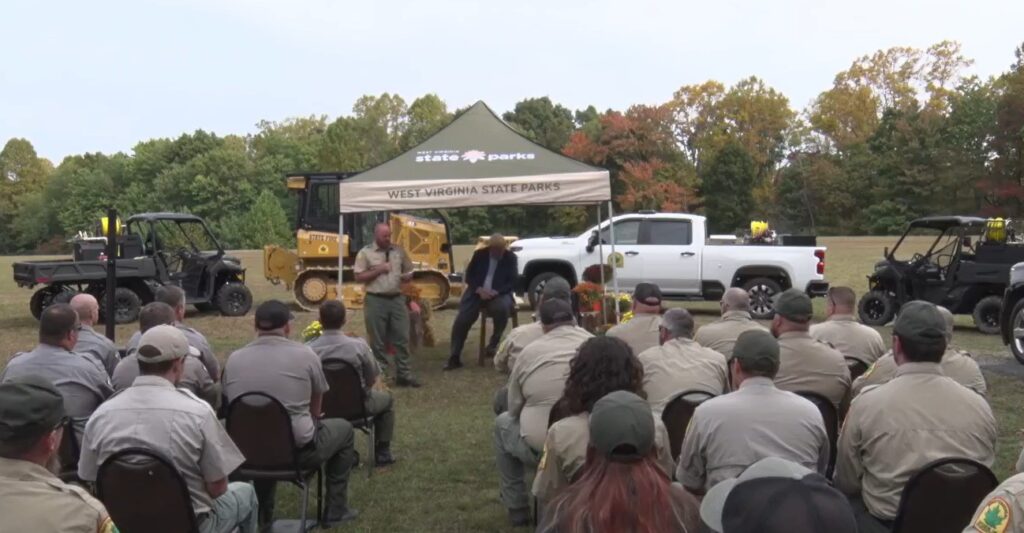Robert Tutterow

Cancer and firefighter suicide are receiving a lot of much-needed attention—that must continue. However, there is another silent and slow-killing disease that is rampant in the fire service.
It is an organizational disease rather than a firefighter disease. The disease doesn’t have a name, and it is not officially recognized. It is a disease of ignorance.
I am often asked by young firefighters or young people wishing to become firefighters what they can do to be better. My answer has been, and remains, “Get out of the shadow of your own fire department” and become a student of the fire service as it relates to society. This is said not to minimize the importance of skills-based training or other “traditional” training offerings. That’s not the killer. Nor is it about formal college degree programs. They, too, are not the killer. This is about becoming aware of the fire service from a perspective that is not taught in the classroom or training ground. Knowing and understanding this are critical if you are a leader or want to become a leader. A great document to read can be found on several Web sites by searching for the “Wingspread VI Report.”
Avoiding the Disease
How is this accomplished? Attend conferences that bring the fire service together and network. These can be national conferences or regional events. Look for educational offerings that might get you out of your comfort zone and challenge your engrained beliefs. It is my opinion that the fire service is on the cusp of the most significant changes in its history. If your organization is not aware and adapting to the changes, it has a silent, but deadly, disease that will eventually destroy it. Your department must adapt or die. It is that simple.
There are several conferences that are worthy of your time and department’s expense. The biggest in the country is FDIC International, held annually in Indianapolis, Indiana. It provides hundreds, yes hundreds, of educational offerings. Many are related to the “traditional” training topics and are taught by the nation’s best instructors. And, there are several educational offerings that relate to organizational well-being that are well worth attending.
If your department has an apparatus committee, it is worth every penny to attend the Fire Department Safety Association’s annual Apparatus Specification and Maintenance Symposium. The Fire Industry Education Resource Organization (F.I.E.R.O.) is known for its education offerings that cannot be found elsewhere. If your department has a personal protective equipment (PPE) committee, it is time and money well spent to attend the biennial F.I.E.R.O. Fire PPE Symposium. If your department is building or renovating a fire station, it is essential that you become knowledgeable about the process by attending the annual F.I.E.R.O. Fire Station Design Symposium. The National Fallen Firefighters Foundation is also known for special educational offerings.
What about the expense of attending a conference? Consider apparatus, PPE, and fire stations, mentioned above, and look at the cost of each. The price of getting educated about these products is less than one percent of the cost of the products and will most likely save your department money overall by preventing you from making mistakes.
Another word of caution: Don’t let travel to conferences turn into a junket that will rile your community. Look for educational conferences that are strong on education, not entertainment.
Don’t Live in a Silo
Your fire department may or may not be living in a silo. If it is living in a silo, your department has an illness without obvious symptoms, at least internally. This applies to all departments of all sizes. In fact, it is my thought that smaller departments are often more engaged in the “larger” fire service than major metro fire departments.
A case in point: I recently heard that a chief of a major metro fire department disbanded the department’s PPE committee and created a new one. The first thing he told the new committee was that he was eliminating the PPE cleaning budget. He said the reason was that he did not see the need, nor could he understand or justify the high cost. What rock has that that fire chief been under for the past few years? And, how could someone like that possibly become a major metro chief? Basically, that chief is a killer.
Another case in point: Research the leadership and organizational culture of the Charleston (SC) Fire Department during the time of the sofa store fire that killed nine firefighters.
If fire departments become more aware of the greater fire service and how it must adapt to the always changing needs of society, there will be a concurrent reduction of line-of-duty deaths, firefighter suicides, and firefighter cancer. And, fire departments will be positioned to not only survive but thrive in the coming years. Think about it.
Many veteran firefighters like to tout their experience. Have those veteran firefighters had 30 years of experience or one year of experience repeated 30 times? That’s the point.
ROBERT TUTTEROW retired as safety coordinator for the Charlotte (NC) Fire Department and is a member of the Fire Apparatus & Emergency Equipment editorial advisory board. His 34-year career includes 10 as a volunteer. He has been very active in the National Fire Protection Association through service on the Fire Service Section Executive Board and technical committees involved with safety, apparatus, and personal protective equipment. He is a founding member and president of the Fire Industry Education Resource Organization (F.I.E.R.O.).

